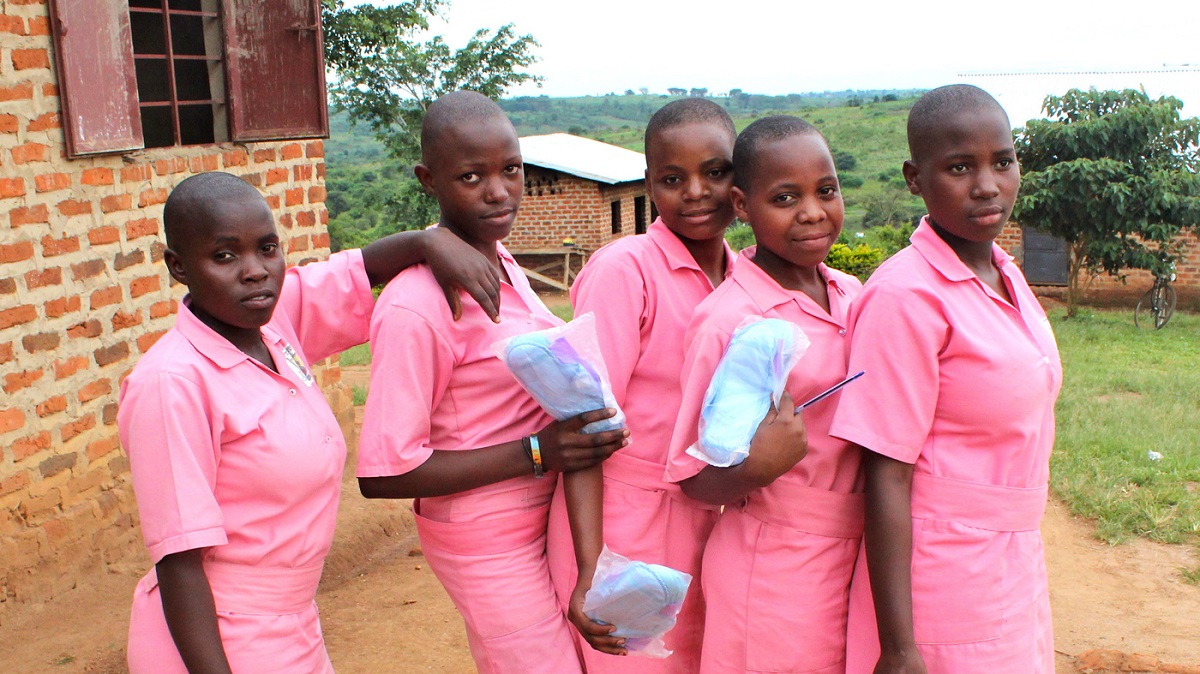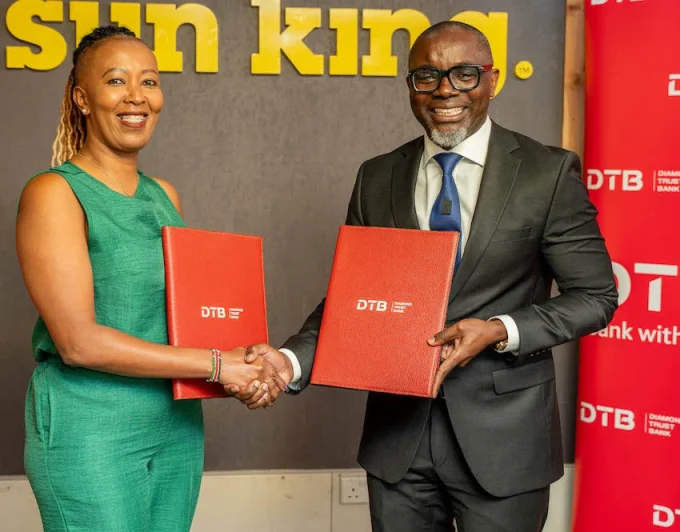In 2018, the government of Kenya announced that it would begin distributing free sanitary pads to 4.2 million girls in its public schools.
The initiative was aimed at boosting girls’ access to education by retaining them in school at a time when they are most likely to not attend due to their periods. In the programme, the government was to hand out 140 million sanitary pads over four months.
At the time, the Ministry of Public Service, Gender, and Youth Affairs said that this was a continuous exercise of providing free sanitary towels in all public schools in the country.
Read: Child Sexual Abuse: What, When Should Your Kid Know?
Safina Kwekwe Sungu, Principal Secretary in the ministry said this will encourage more girls to continue with school and no longer skip class during their monthly period.
And now, Diamond Trust Bank Kenya is investing Sh50 Million over the next five years on an initiative to support over 30,000 school girls access quality menstrual health products.
The initiative dubbed #AchieveMoreGirl was announced as a celebration of International Women’s Day 2020 and will involve working with a variety of partners.
This initiative is informed by the prevalent Menstrual Hygiene Management (MHM) challenge that persists across Kenya and remains a particular challenge for low-income women and girls.
A 2016 research by Menstrual Hygiene Day, a global advocacy platform for non-profit organisations and government agencies to promote menstrual health, found that 65% of women and girls in Kenya are unable to afford sanitary pads.
See: In Coronavirus Pandemic, a Golden Opportunity for Kenyans
Speaking during the announcement DTB Group CEO and Managing Director Nasim Devji noted that the long term goal of the project is to enhance access to quality education for girls living in vulnerable communities.
This is by reducing school absenteeism among adolescent girls during menstruation by promoting menstrual health and access to products and facilitating life skills education.
“Our goal is to collectively increase the retention of girls living in vulnerable communities in school through this project. It will also focus on improving both the girls’ and boys’ knowledge of menstrual health hygiene so as to reduce the peer stigma associated with menstruation. Ultimately we hope this improves the transition to higher levels of learning and thereby enhance their academic performance,” said Devji.
Data from the Ministry of Education indicates that a girl that is absent from school for four days in 28 days (month) loses 13 learning days, equivalent to two weeks of learning, in every school term. In an academic year (nine months) a girl loses 39 learning days, equivalent to six weeks of learning time.
Also, read: Chef Turns into High-Flying Fashion Designer
A girl in primary school between grades 6 and 8 (three years) loses 18 learning weeks out of 108 weeks. Within the four years of high school, a girl can lose 156 learning days equivalent to almost 24 weeks out of 144 weeks of learning.
To ensure maximum impact, the #AchieveMoreGirl project will work with credible partners including non-governmental organisations who have established networks to reach the most vulnerable girls.
#AchieveMoreGirl is in line with DTB’s commitment as a signatory of the Women’s Empowerment Principles (WEPs); a set of Principles offering guidance to business on how to promote gender equality and women’s empowerment in the workplace, marketplace and community.
It is also underpinned by the bank’s compliance to the United Nations Sustainable Development Goal No.6 which aims to achieve access to adequate and equitable sanitation, paying special attention to the needs of women and girls in vulnerable situations.













Leave a comment